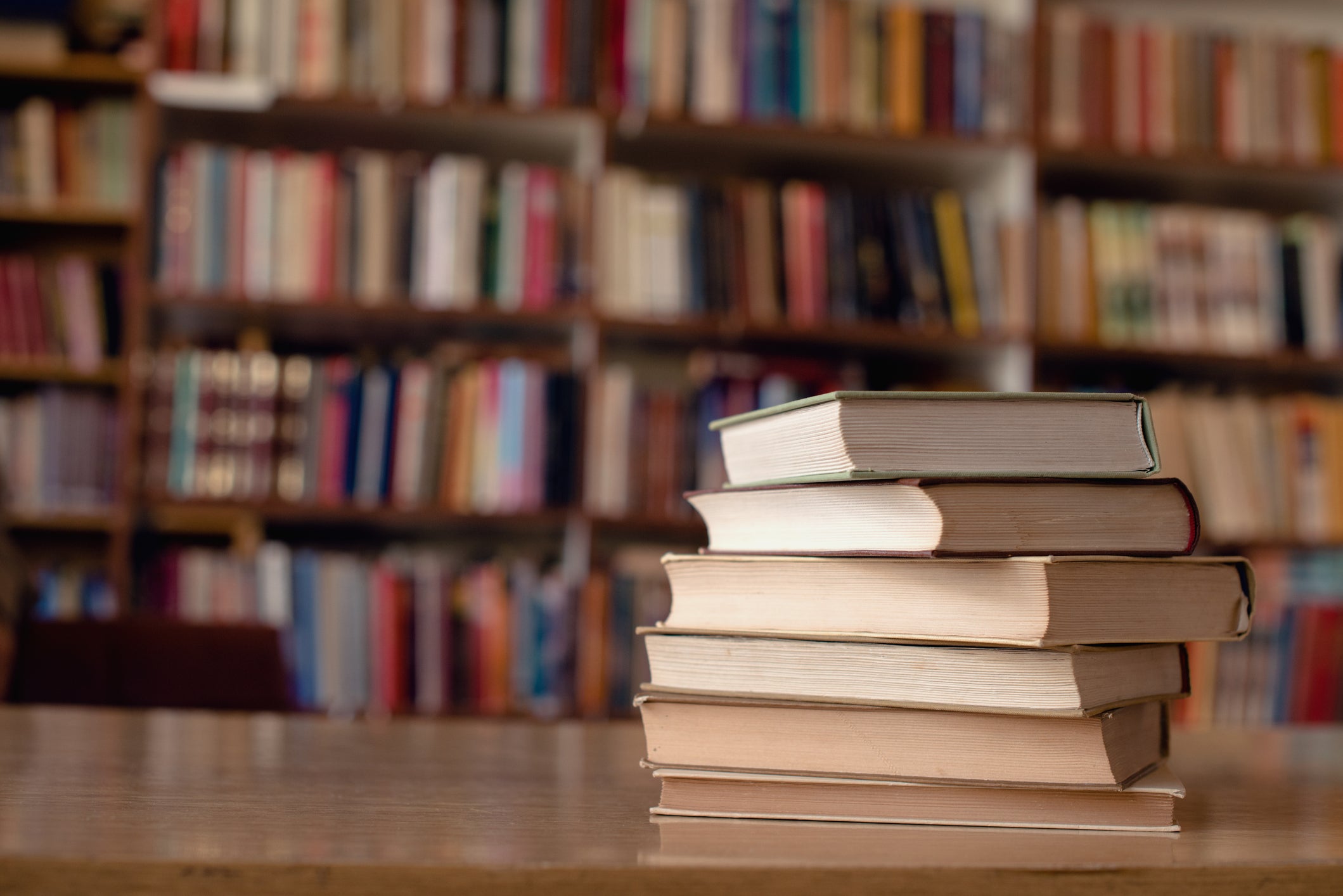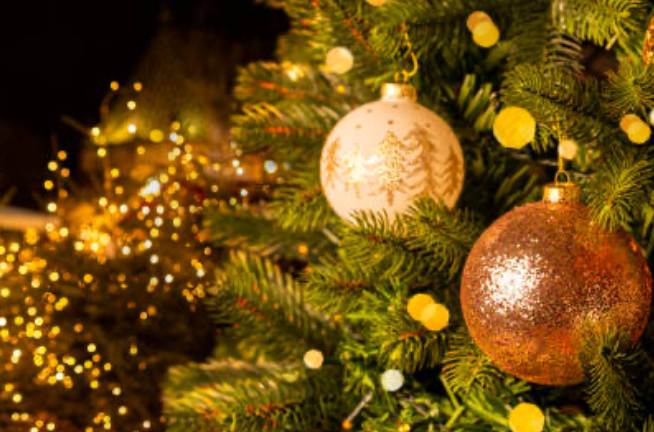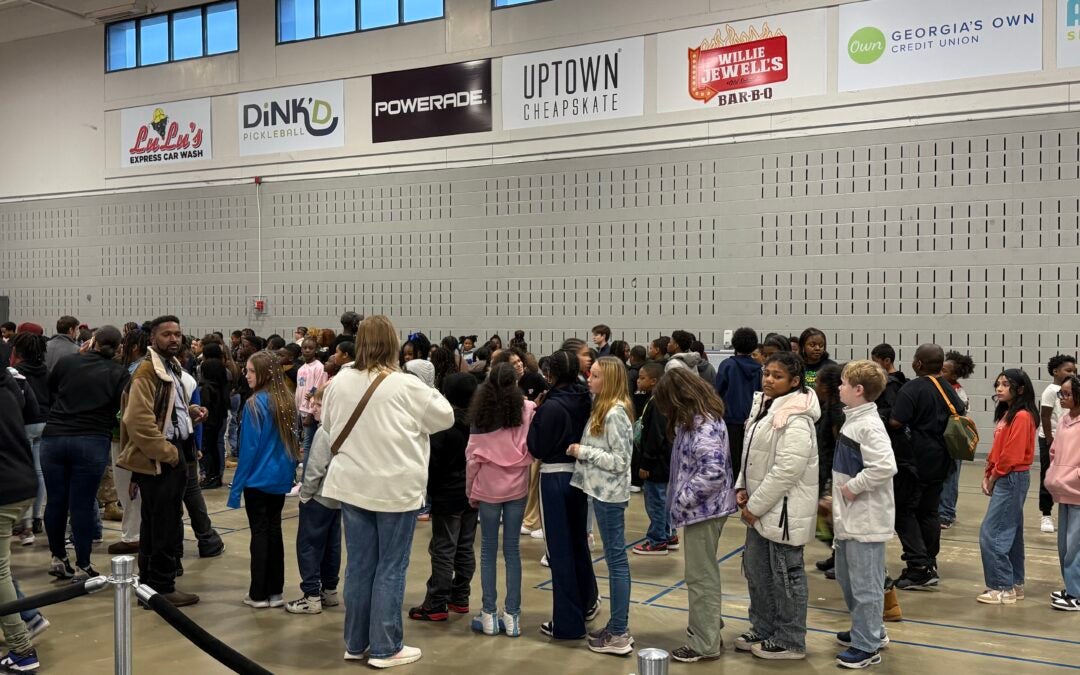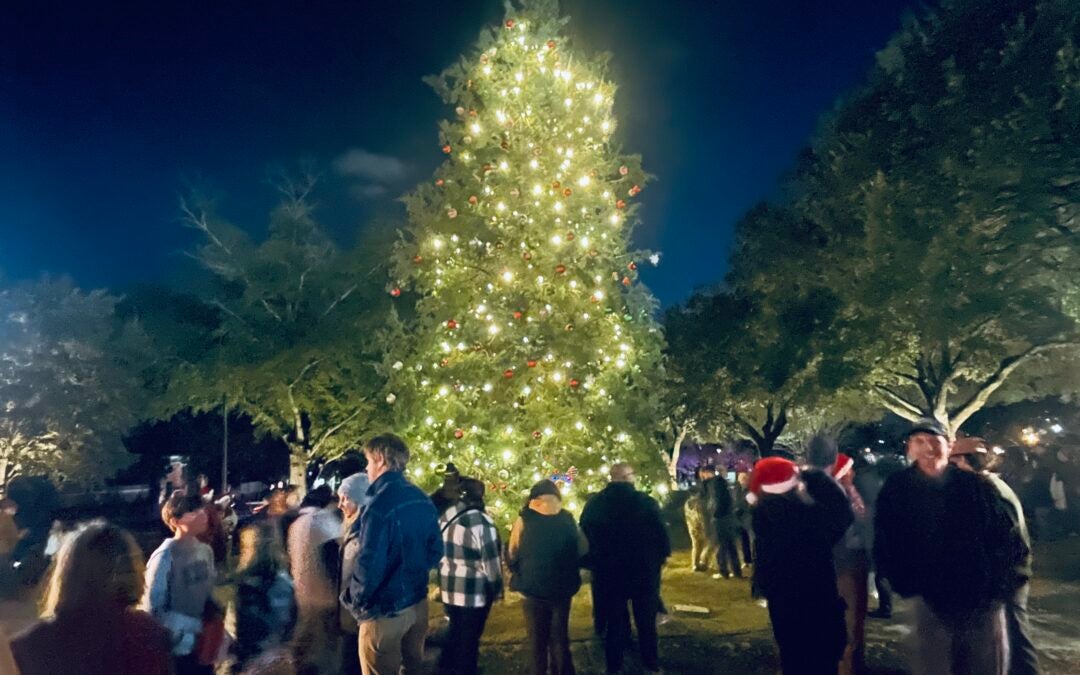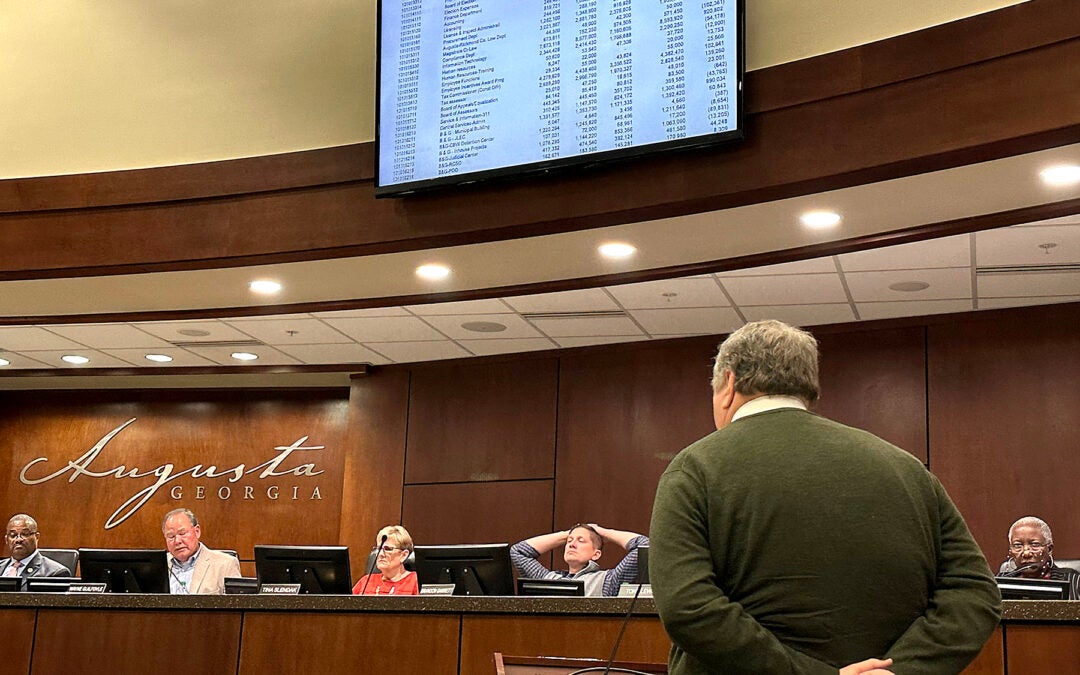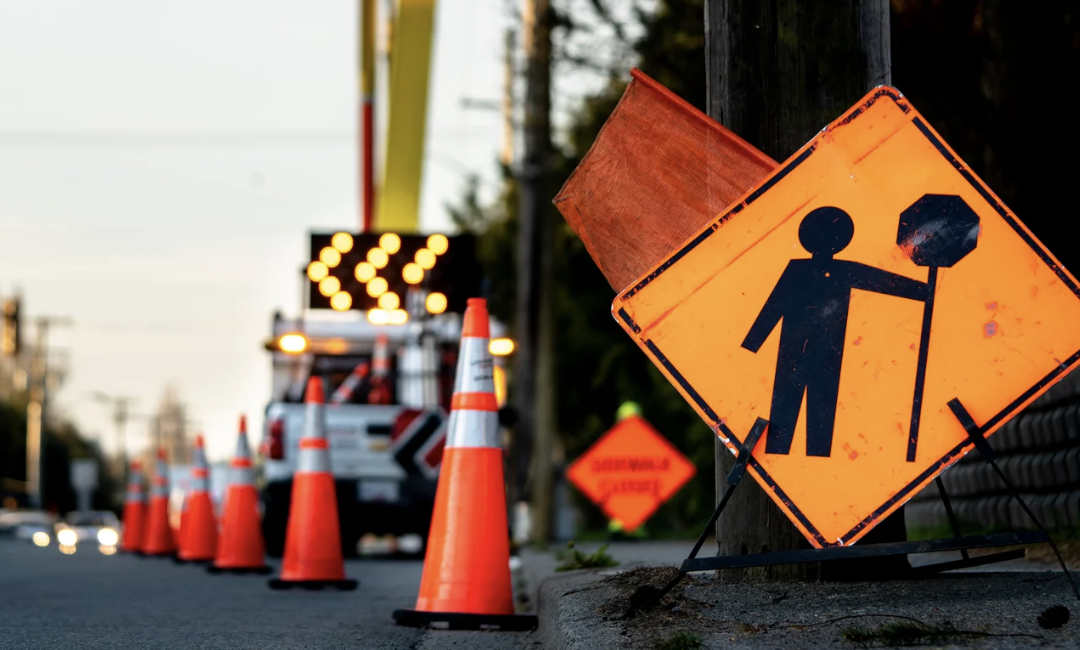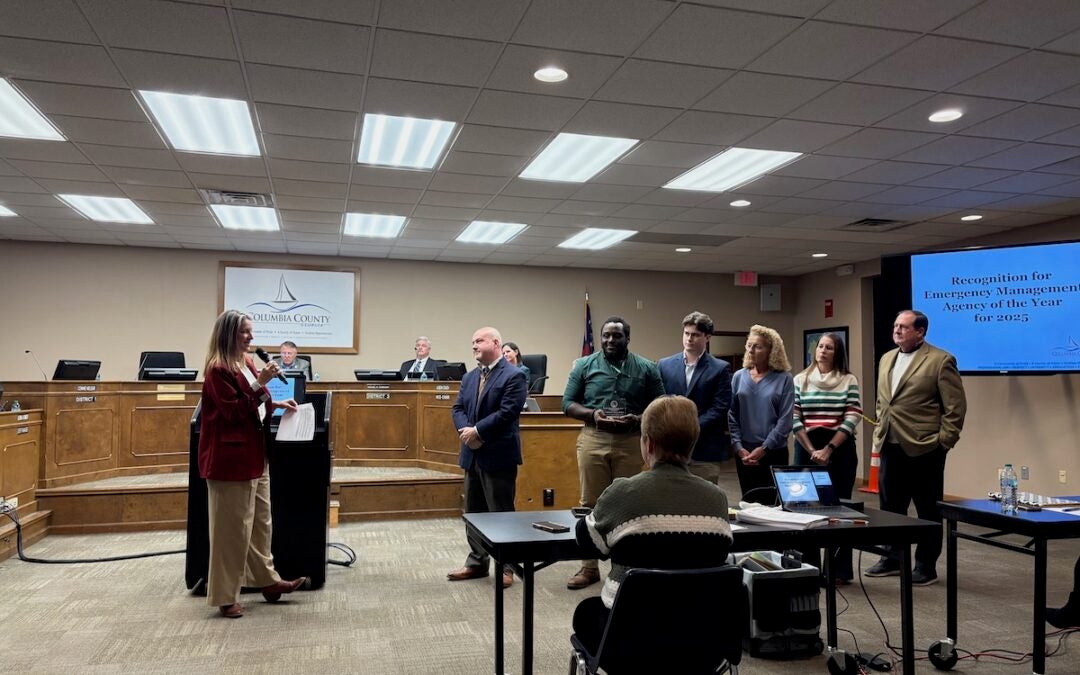I didn’t know there was such a thing as homosexuality until my senior year in high school. I was a literature nerd at the time and encountered Irish writer Oscar Wilde in a poetry class. Understanding what was written about Wilde in my textbook requires a bit of library research to understand exactly was being said about the Irish poet.
When I was younger, before puberty, my mother told me my body would be changing and gave me a book to read. It was a book about the biology of the human reproductive systems. Her only comment about sex was, “Good girls don’t do it until they’re married.” Not that her advice mattered. I was too shy in high school to do much more than daydream about boys.
I didn’t encounter “Our Bodies, Ourselves” until my freshman year in college when it was referenced in a psychology class. It made many things much clearer, and it was one of the things that helped prepare me for transferring from an elite women’s college with a dorm on campus for male visitors and beer trucks parked on the quad every weekend (that was when the legal drinking age was 18) to a state university.
The state university was a liberal arts school back in the day when history, literature, philosophy, art, music and drama were valued as much as the STEM fields. The school’s drama department was its flagship program, and through it, I learned a bit more about gay culture during my first semester when I attended the department’s production of the play, “The Boys in the Band.”
It was around that time that I met the first openly gay people I’d ever known. Well, some of them weren’t openly gay yet. They were still working out their sexuality. My English professor introduced me to another major who was also a writer. Mary was a poet while I preferred fiction and journalism, but we bonded over a shared love of words and ideas and became best friends. We never talked about our sexuality; we were too busy debating the merits of America’s first female poet Ann Bradstreet and contemporary writer Sylvia Plath, Mary’s idol at the time.
Then I met another English major, Lee, who was coming off a bad divorce and swore of sex and love all together. Too painful, too costly, too confusing. Lee introduced me to Capers, the first flaming queen I’d ever known. A heartily dramatic drama queen who would flounce into the dining hall and announce he was headed to town for “a cold beer and a hot man.”
A year after graduating, I headed to a master’s program in journalism at the state’s flagship university where I met the professor who would become my mentor. Marian was her name. She, in turn, asked me to be a mentor to a freshman student who was feeling a little lost at the huge school and having trouble making friends.
The freshman and I started hanging out and became good enough friends for me to be invited to her home. Her mother was a consummate cook, and I still make her lemon chess pie every year for Thanksgiving. My friend’s mom is still alive, about to turn 90 and suffers from dementia, but when my friend calls her mom every evening about 5 p.m., she often reminds her that her recipes are still being made by someone who admires her talent for hospitality.
When my husband finished his graduate work at Texas A&M, we moved to a tiny town Kentucky to teach at a small Methodist college. The 52 faculty were close, often spending weekends going to the school football games and getting together for post-game parties or other gatherings.
A subset of us was board game players, and one of our favorite games was Illuminati, a game about building hilarious conspiracies (think Big Media tied to Iranian Nationals tied to Comic Book Readers tied to Convenience Store). It was introduced to us by Bob, a physics professor.
Fast forward many years to when I was a doctoral student at South Carolina and met one of the new cohort, someone also planning a history dissertation and who my dean and dissertation director asked me to mentor. The student is today a successful journalism department chair at a small college. But when we were both students, she asked me to mentor her also in how to behave like a woman. She was transitioning from being male to female.
I could go on, but I’m not writing a biography here. I’m concerned about some of the comments I’ve heard regarding books with any sort of sexual content being in public libraries. I’m concerned because the discussions have been so unspecific. I still don’t know how the word child is being defined. A 12 year old is very different from an 18 year old.
And I’m not sure what people are talking about when they use the word smut. When I went looking for information about Oscar Wilde’s s sexuality, I found my answers in library books–public and school. I learned about the science of the transition from childhood to womanhood from a book–that one purchased by my mother. I learned about variations of sexuality from another library book, this one a library at a women’s college. I learned more from a play and from coming to know people who live alternative sexualities.
When I first met Mary, she was weighing a marriage proposal from a boy back home. A year later, she was in a relationship with another woman. Four years later, she came to visit me during my master’s program and met my mentor, who became her partner until death parted them, probably 40 years.
That freshman I mentored had a successful career as a broadcast journalist and then as a professor at a state’s flagship university. She’s had a delightful partner for 30 years or more, and during a recent visit, we spent our time talking history, our recent surgeries, our pets and, of course, politics. That’s just what journalists do when they get together–they talk politics.
Physicist Bob moved to Atlanta after meeting his partner, Larry, a Bible-thumping member of the Church of Christ who commissioned a stained glass portrait of Jesus for a their living room window. Larry was always loved his mamma and was quick to admonish anyone who criticized him by saying, “My momma always said God don’t make no trash.” And that settled the question for him.
I’ve had homosexual friends, asexual friends and transsexual friends for 50 years, and I’m the richer for them. Reading about sexuality didn’t persuade me to become lesbian. Neither did having lesbian friends, colleagues and bosses. Mentoring a transsexual didn’t tempt me to trade my female identity for a masculine one. A bisexual friend I work with is as disgusted by the over-the-top behavior at Pride parades as some of my other friends.
Further, books and friends helped me learn how to live in a world with all kinds of people, not just those with different sexual preferences but also those with disabilities like the deaf reporter who worked for my college newspaper or the English major with cerebral palsey who we helped navigate the campus’ cobble stone sidewalks so she could get to class without falling. Or those from vastly different cultures like the fellows in my doctoral program from Ukraine, Saudi Arabia, Venezuela, China and Kuwait.
I believe that when you make information inaccessible, you don’t keep children innocent. You make them more curious and more willing to go to extremes to get their questions answered.
After 30 years of university teaching, I can promise you I know the quickest way to convince a young person not to be curious about any subject: encourage them to read about it and study it. That will put a quick end to their curiosity.
I understand that it is common to believe those who are different from you or who you disagree with are wrong because that’s what the preacher says or what mom and dad taught you. But, I would say those who are different offer opportunities to learn about the full range of the human condition and human experience. And that is worth its weight in gold.

